Becoming a Soil Detective
Heal Any Soil. Grow Anything. Anywhere.
Master the art and science of soil through theory + hands-on field skills with Cornell soil scientist John Beeby.
Learn how to analyze, interpret, and improve your soil using the A WOMB method - without needing a lab at home, degree, or expensive tools.
(Pre Launch pricing ends at midnight on Wednesday, July 16th, 2025.)
(Pre Launch pricing ends at midnight on Wednesday, July 16th, 2025.)
Write your awesome label here.
“The course has changed my perspective on soils. Prior to the course, I was overwhelmed by the complexity of soil science. The course has made this process approachable and has given me the foundation to go deeper into my own understanding. It’s given me the confidence to share my knowledge with others. And I am feeling much more capable in reading soil tests and recommending fertilizers.”
— Matt Drewno (USA)
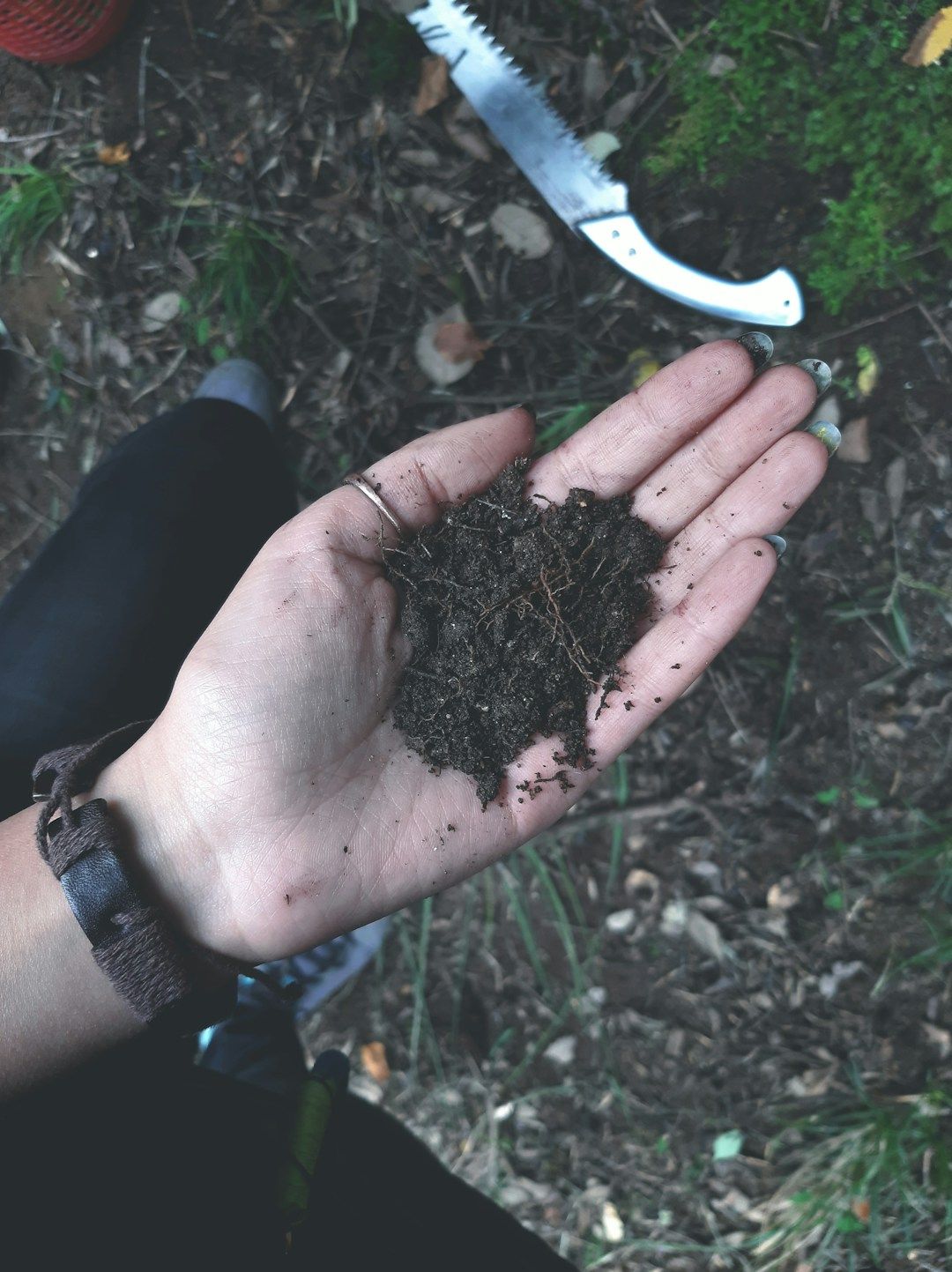
🕵️♂️ The Problem: Most Soil Advice Is Useless
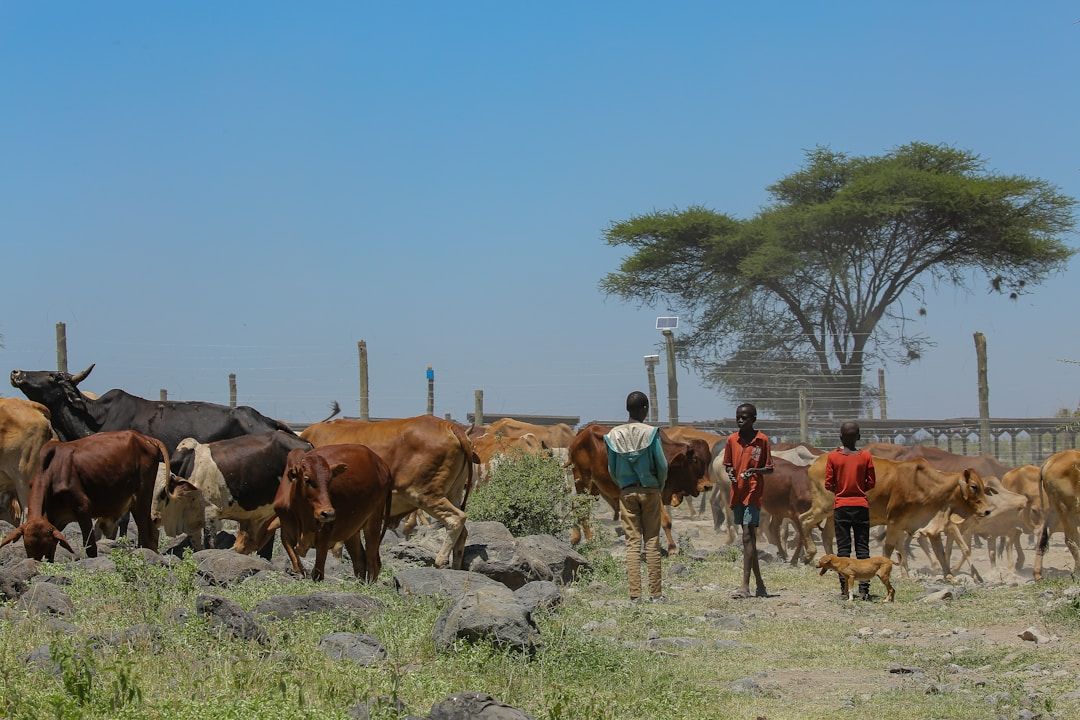
“I am happy to report that the course has given me the confidence to train other farmers on building soil fertility using the AWOMB concept. Over the last one year, I have trained over 150 farmers on the importance of taking care of our soil and helped some take soil samples for testing just to understand more about the soil health conditions and to learn what their soils really needs.”
— Simon Nyaga (Kenya)
🌱 The Solution: A WOMB
“The acronym AWOMB is now what makes my training easier when I am teaching on soil. The soil test kit tools for understanding the soil is also another tool that has made my course useful. This is a simple but very useful tool for our farmers in the third and developing countries who may not be able to meet the cost of soil laboratory testing.”
— Wamalwa Murefu (Kenya)
— Wamalwa Murefu (Kenya)
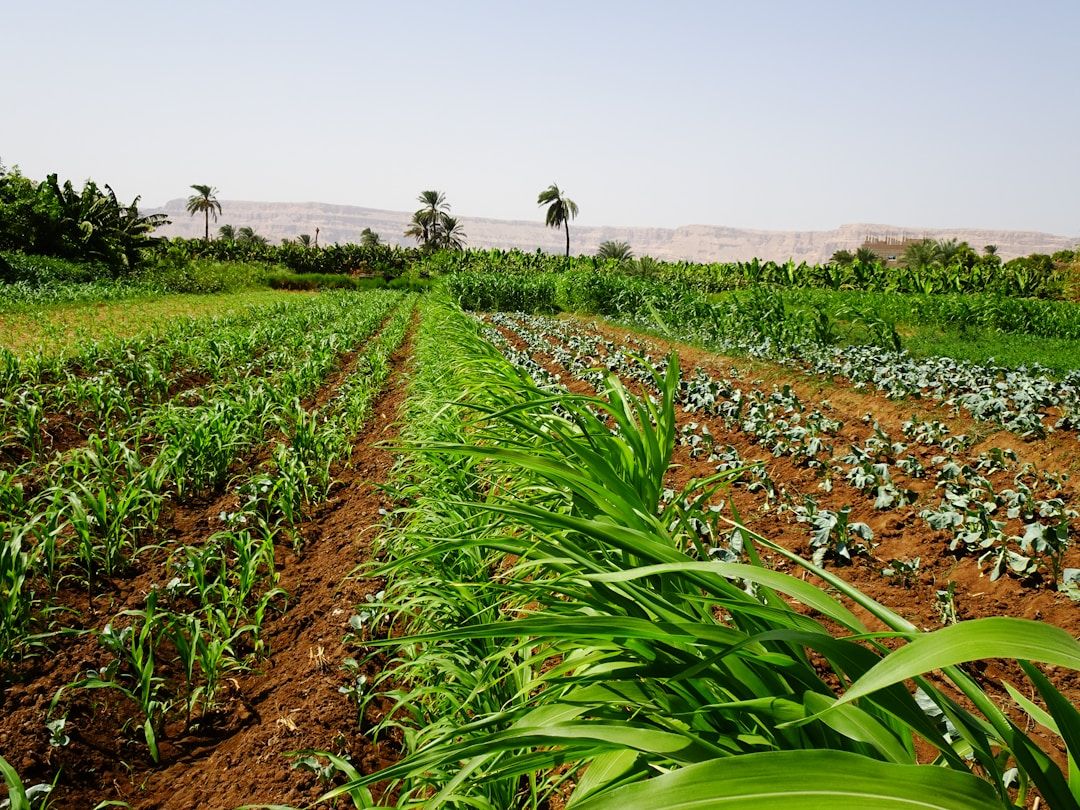
🔬 Not Another Feel-Good Garden Class
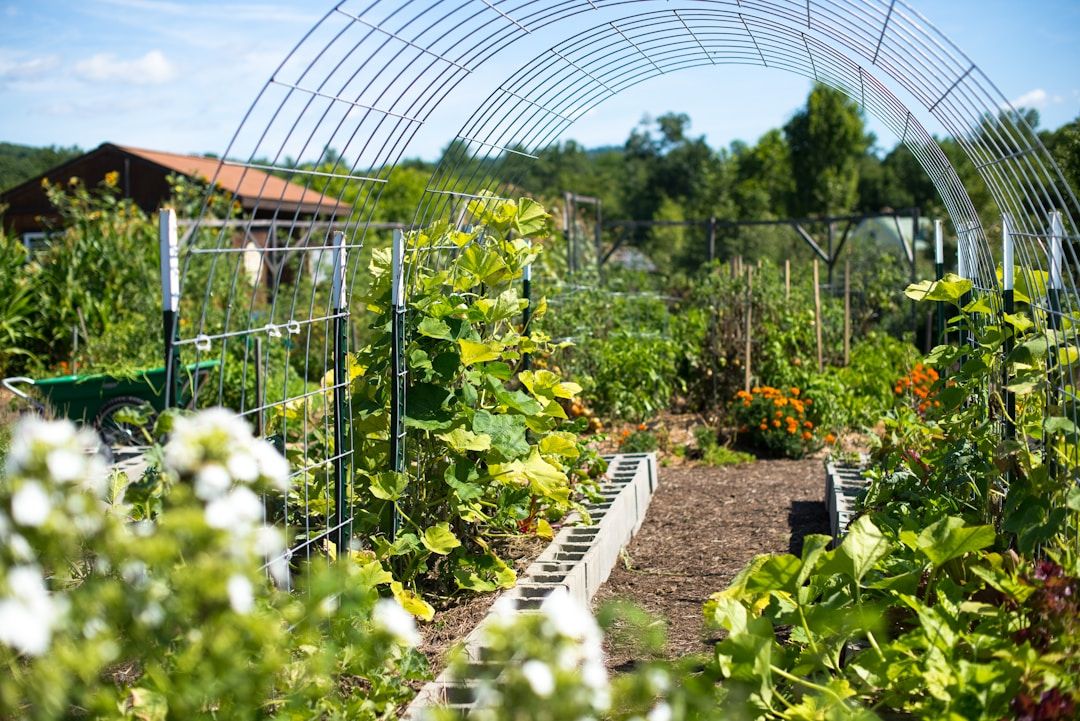
“The last few years I’ve felt much more equipped to have a more detailed conversation about soil nutrients, how they move in the soil and have felt confident enough to go more in depth on answers to questions people have asked me! I’m also far more equipped to suggest a recommended overall course of action for new gardeners… and a deeper understanding of how our unique soil texture influences a recommendation.”
— James Christie-Fourere (Canada)
🎓 What You Get (and Why It Matters)
“My management and understanding of the soil has evolved a lot to the level that I always wanted to access. It was a great privilege and luxury to be part of this project that has benefited me in the skills that I always wanted to have as an advanced level teacher and in acquiring resources and methods to better understand the needs of different soil personalities.”
— Ligia Espinoza (Costa Rica)
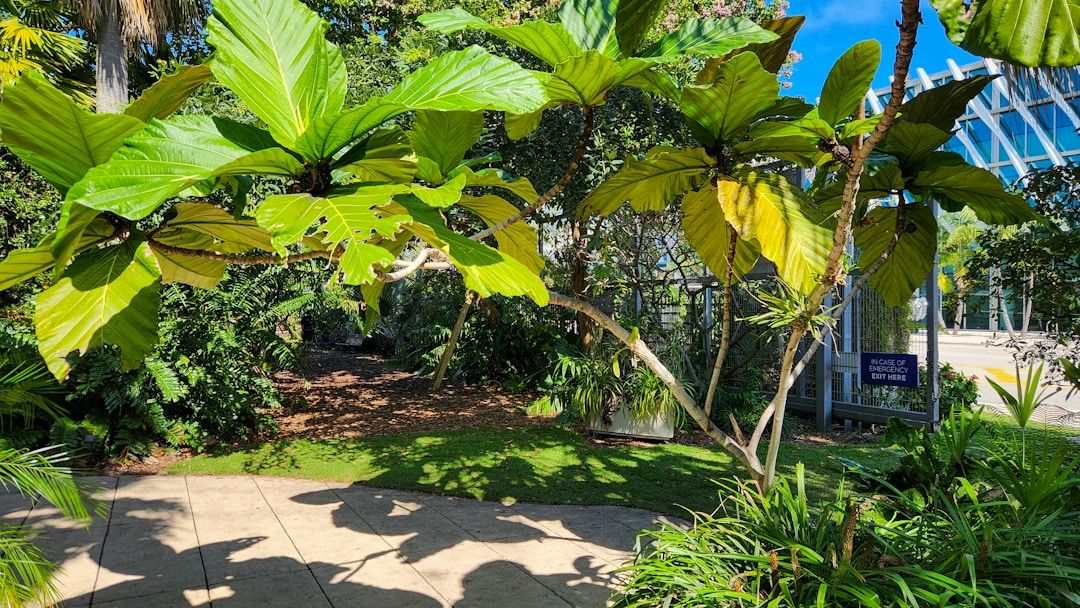
🎁 Course Bonuses
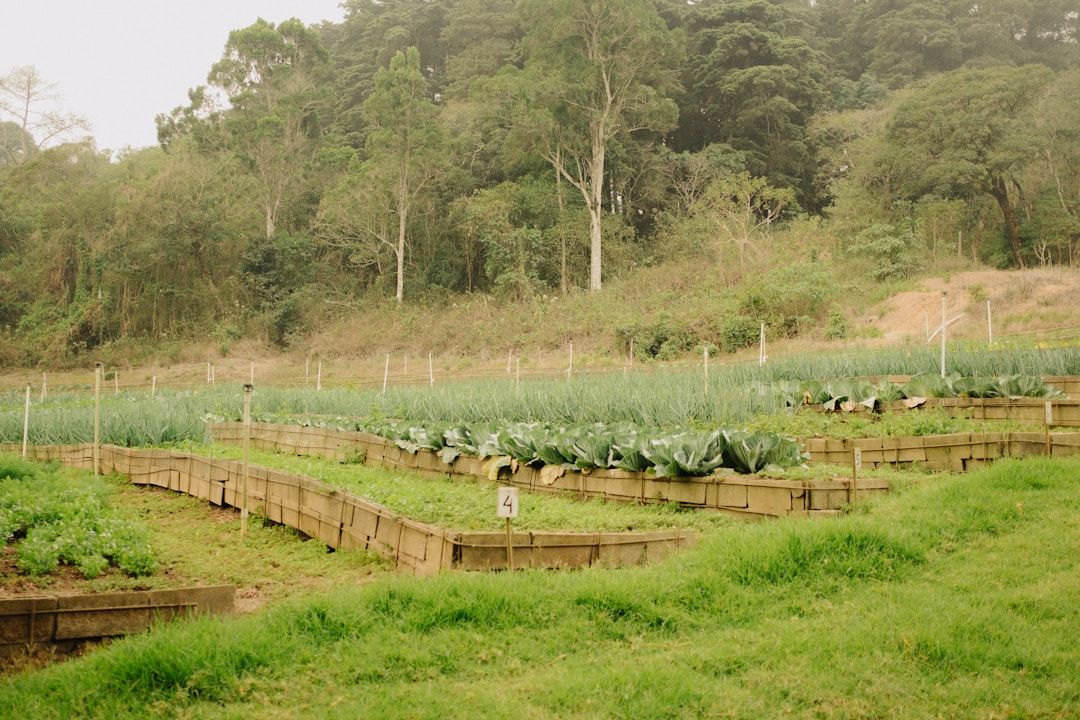
“The course has reinforced my understanding of a deeper knowledge of the soil and as other colleagues say, my workshops are being richer by sharing the concepts learned. I believe and feel the need to share this knowledge that is already integrated into our daily work, and I see it as something super important.”
— Susana Hernandez (Chile)
Course Logistics
Soil Testing Materials (Optional but highly encouraged)
🌱 What you can expect of the course.
Meet the instructor
John Beeby
John began his love of soil and learning how to improve it in 1990. After earning a BA in microbiology in 1989, he worked with John Jeavons and Ecology Action, teaching a wide variety of students about GROW BIOINTENSIVE® Sustainable Mini-Farming. During that time, he authored two books: Future Fertility: Transforming Human Waste to Human Wealth and Test Your Soil With Plants (now in its second edition).
John continued his focus on soils and their improvement by founding Grow Your Soil (growyoursoil.org) in 2012, offering tailored recommendations and consultation to help growers around the world regenerate their soil. He completed his Master of Science in Soil and Crop Sciences at Cornell University in 2021. That same year, he launched the Soil Test Analysis and Amendment Recommender (STAAR) training program to teach small-scale organic growers how to improve their soils based on practical, data-informed methods.
John’s mission is to help farmers and gardeners understand and improve their soils - anywhere in the world and regardless of available resources. Where soil labs and commercial organic fertilizers are out of reach, John teaches simple, field-based methods to determine what a soil truly needs (and doesn’t need) to become more fertile, organically and sustainably.
To make this process accessible, John created Read Your Soil (readyoursoil.com), a free tool that guides growers through field tests, helps them interpret results, and generates recommendations tailored to their unique soil. Once set up, the platform works offline -ideal for rural or low-connectivity regions.
In service of this same mission, John is also actively collaborating with Bountiful Gardeners for Africa (bountifulgardenersforafrica.org) to develop safe and effective ways to harness the fertility of human waste—closing the nutrient cycle, increasing soil fertility, and improving sanitation in tandem.
Patrick Jones - Course author
Meet the host
Javan Bernakevitch
Javan Bernakevitch is a life and land designer who speaks, writes, teaches, and consults with clients, businesses, and farms worldwide through All Points Design and RegenerativeLiving.online, helping folks to have better lives and landscapes year after year.
He believes that if we don't design our lives, they'll be designed for us, not for our benefit. "If humans want to have a long life here on our planet, we best act like we are part of the ecology."
Patrick Jones - Course author
Frequently asked questions
How long will I have access to the course material?
You'll have access to the course material for one year from the start date of the course.
Is the course refundable?
The course is non-refundable.
Can my partner or friend look over my shoulder while I take the course?
Yes! Your registration allows for one "over the shoulder" viewing of the course. We ask you not to share your login information with anyone else.
Is this course applicable to my location in the world?
Yes, absolutely. This course is designed to be applicable anywhere in the world, regardless of your region, climate, or soil type.
The AWOMB framework - Air, Water, Organic Matter, Minerals, and Biology - is a universal model for understanding what all soils need to be healthy and productive. These five elements are present and interacting in every soil system, whether you’re in a tropical rainforest, a high desert, a temperate farm, or an urban garden.
What makes this course especially powerful is that it teaches you how to read and respond to your specific soil, using practical tests and observations you can do in the field, without needing a lab. Instead of prescribing one-size-fits-all solutions, John helps you learn how to diagnose your own soil’s needs and choose appropriate, locally available interventions.
Wherever you are in the world, this course gives you the tools and thinking process to understand your soil’s unique story - and improve it from the ground up.
Do I have to buy any books for the course?
There's no requirement for book purchases in this course.
Do I need to have previous soil knowledge or experience?
A high school-level understanding of biology and chemistry will aid your education, but it is not mandatory.
The course is comprehensive and accessible, regardless of your background in the subject matter.
What materials will I need to have or buy to test my soil?
This course combines theory and practice, with clear instructions to test your own soil. While hands-on testing isn’t required to complete the theory portion, we strongly recommend applying what you learn directly to your land.
If you plan to build your own soil testing kit, expect to spend up to $250 USD on materials. That said, many of the items - like pans, shovels, hammers, or knives - are things you may already have on hand. The $250 estimate is for those starting from scratch (and doesn't include the optional Solvita Basic Field CO2 Test which averages $135 USD).


